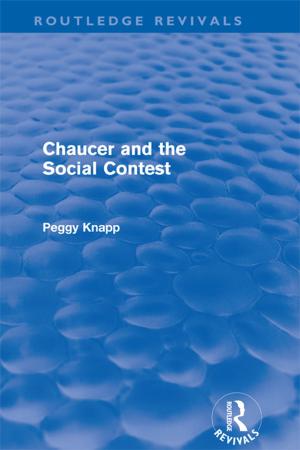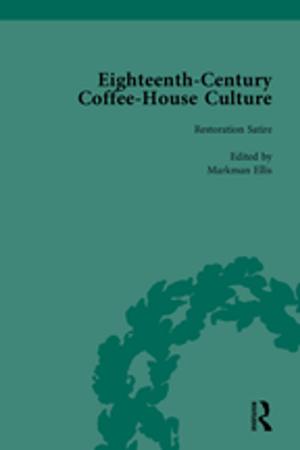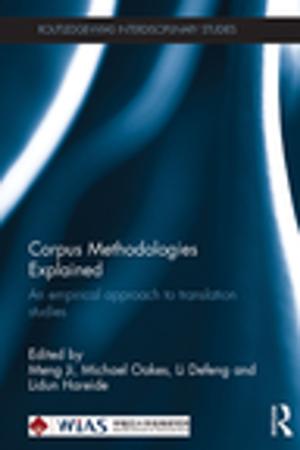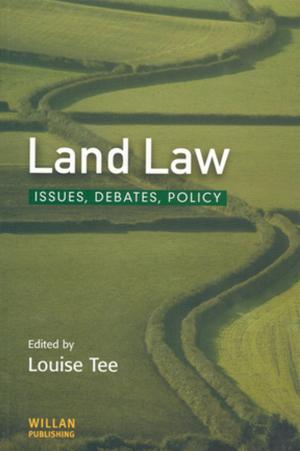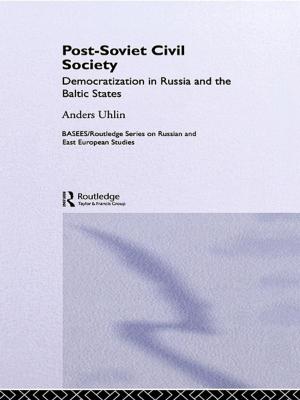Antifraternalism and Anticlericalism in the German Reformation
Johann Eberlin von Günzburg and the Campaign Against the Friars
Nonfiction, History| Author: | Geoffrey Dipple | ISBN: | 9781351957854 |
| Publisher: | Taylor and Francis | Publication: | December 5, 2016 |
| Imprint: | Routledge | Language: | English |
| Author: | Geoffrey Dipple |
| ISBN: | 9781351957854 |
| Publisher: | Taylor and Francis |
| Publication: | December 5, 2016 |
| Imprint: | Routledge |
| Language: | English |
Many of the leading figures of the Reformation and many of their most able opponents came from among the ranks of the Franciscan Order. This Order became the focus of attack in a pamphlet war waged against it in 1523 by converts to the Reformation. These criticisms were based on arguments by Luther in his Judgement on Monastic Vows, and the pamphlets provided an important channel for these views. Luther’s arguments were also reinforced by criticisms of the mendicant orders drawn from medieval polemical and satirical literature. The campaign of 1523 brought together both Reformation and pre-Reformation anticlerical themes. In this book Geoffrey Dipple looks at the perception of the Franciscan order in the 15th and 16th centuries, placing the attacks firmly in the context of late medieval inter-clerical rivalries. He looks particularly at the anticlerical polemics of one of the primary participants - Johann Eberlin von Günzburg - the most vocal of the Franciscan’s critics.
Many of the leading figures of the Reformation and many of their most able opponents came from among the ranks of the Franciscan Order. This Order became the focus of attack in a pamphlet war waged against it in 1523 by converts to the Reformation. These criticisms were based on arguments by Luther in his Judgement on Monastic Vows, and the pamphlets provided an important channel for these views. Luther’s arguments were also reinforced by criticisms of the mendicant orders drawn from medieval polemical and satirical literature. The campaign of 1523 brought together both Reformation and pre-Reformation anticlerical themes. In this book Geoffrey Dipple looks at the perception of the Franciscan order in the 15th and 16th centuries, placing the attacks firmly in the context of late medieval inter-clerical rivalries. He looks particularly at the anticlerical polemics of one of the primary participants - Johann Eberlin von Günzburg - the most vocal of the Franciscan’s critics.



